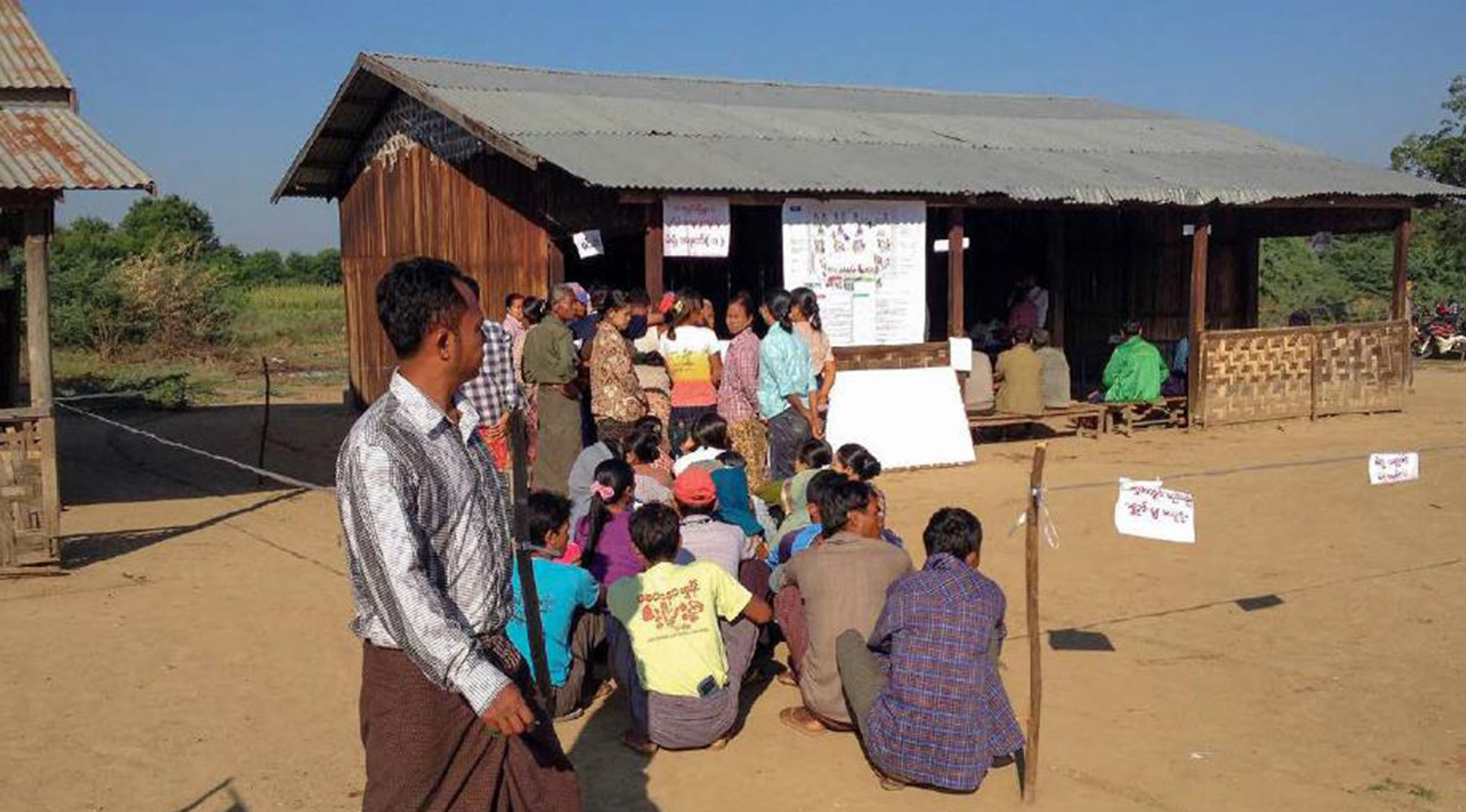In 2013, the military leadership government in Myanmar initiated a democratic transition. The historical elections were held two years later. This left little time to prepare given that decades of dictatorship had left deep mistrust in political parties and government.
The electoral commission therefore resorted to outside help with the preparation and asked Switzerland to facilitate the negotiations for a code of conduct between the parties. Six months later, the code of conduct was successfully negotiated and all the basic rules of conduct for peaceful elections and free competition had been signed by the 90 parties. The code contains principles to ensure protection against attacks and reputational damage, threats to the private life of candidates, and against hate speech. Other provisions cover rules against the abuse of state resources and a renunciation of the use of religion for electoral purposes. Switzerland continued to help implement the code of conduct during the election campaign. The initiative made a contribution to the prevention of violent conflicts in the run-up to the elections, and to the building of trust between the parties.
lmmediately after the elections, the EU election observation mission on the ground – again with Swiss participation – praised the electoral process. lt concluded that there had been no unrest and that electoral freedom had been respected. In its recommendations, however, the head of the mission criticized the rigid law on citizenship, which disqualified various cultural and ethnic population groups from the right to vote, the unbalanced media reporting and the lack of transparency in the composition of the electoral commission – and suggested a list of commitments for the further democratisation of Myanmar.
In spring 2019, the EU follow-up mission (EFM) travelled to Yangon to review the implementation of the recommendations. One example of partial implementation of the recommendations was that the Myanmar government set up a constitutional review committee to make the right to vote more inclusive. Other recommendations, particularly the transparency of electoral authorities, have still yet to be implemented. Time will tell whether progress has been made in this area when the next general election takes place in Myanmar in 2020. The EU will be involved as an observer. The EFM also confirmed that there is an interest in negotiating a new code of conduct.


